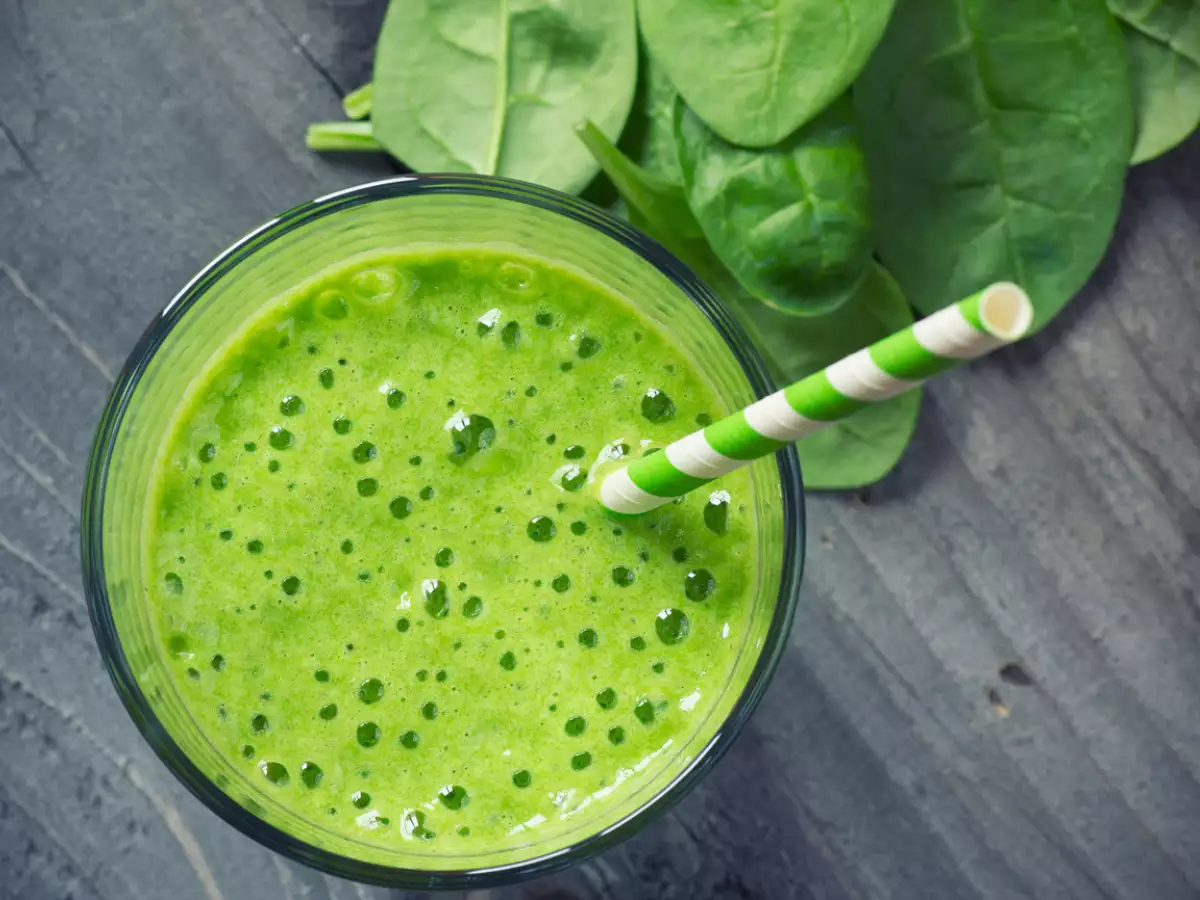Proper hydration is crucial for maintaining optimal health, especially after engaging in physical activity. When we exercise, our bodies lose fluids through sweat, and replenishing those fluids becomes essential for recovery and overall well-being. However, a common question that often arises is whether it’s okay to drink cold water after exercising. In this article, we will explore the significance of hydration after a workout and delve into the debate surrounding the consumption of cold water during this period of rehydration. By examining the potential benefits and drawbacks, we aim to provide clarity on this frequently debated topic. So, let’s address the importance of hydration after a workout and seek an answer to the question: Is it okay to drink cold water after exercising?
If you are a fitness freak and want to learn more about yoga poses, then you can join Yoga Retreat in Rishikesh.
I. Importance of hydration after a workout
After an intense workout, our bodies experience several physiological changes. We sweat profusely, which leads to fluid loss, and our muscles undergo exertion and fatigue. This is why rehydrating the body becomes crucial for recovery and maintaining overall health. Here are a few reasons highlighting the importance of hydration after a workout:
Replenishing fluids: When we sweat, we lose water and electrolytes, such as sodium and potassium. Rehydrating helps replenish these fluids, maintaining the body’s hydration levels.
Temperature regulation: Water is essential for maintaining the body’s temperature equilibrium. During a workout, our body temperature rises due to increased metabolic activity. Drinking water helps cool down the body and prevent overheating.
Muscle function: Well-hydrated muscles perform optimally. Dehydration can lead to muscle cramps, weakness, and decreased endurance. By staying hydrated, we can enhance our muscle function and reduce the risk of muscular discomfort.
Metabolic support: Hydration supports the body’s metabolic processes. It aids in efficient nutrient absorption and the elimination of waste products, ensuring our body functions properly.
A. Question: Is it okay to drink cold water after exercising?
Now that we understand the importance of hydration after a workout, let’s address the question at hand. Is it acceptable to drink cold water after exercising? This question has sparked discussions and debates among fitness enthusiasts and experts. Some argue in favor of consuming cold water, while others believe it may have potential drawbacks. In the following sections, we will explore both perspectives, examining the potential benefits and considerations associated with drinking cold water post-workout. By doing so, we can make an informed decision about the suitability of cold water for rehydration after exercise.
II. The Case for Cold Water
While there is no definitive answer to whether drinking cold water after a workout is universally beneficial, proponents of consuming cold water point out several potential advantages. Let’s explore these benefits:
Quicker cool down: Cold water can help lower the body’s core temperature more rapidly than room temperature water. This can be particularly beneficial after intense exercise or in hot environments, as it aids in the body’s post-exercise recovery process.
Refreshing sensation: After a grueling workout, cold water provides a refreshing and revitalizing feeling. It can help quench thirst and provide immediate relief, making it a popular choice for many individuals.
Improved performance: Some athletes and fitness enthusiasts believe that consuming cold water can improve endurance and enhance performance levels during subsequent workouts. The perceived cooling effect on the body may help athletes push through intense training sessions.
While these potential benefits are appealing, it’s essential to consider the other side of the argument and be aware of potential drawbacks and considerations associated with drinking cold water after exercising.
III. Considerations and Potential Drawbacks
Before reaching for that ice-cold water bottle, it’s important to be mindful of a few considerations:
Digestive impact: Cold water may temporarily constrict blood vessels in the digestive system, potentially affecting digestion. This could result in discomfort or bloating for some individuals, particularly those with sensitive stomachs.
Thermal shock: Consuming extremely cold water immediately after a strenuous workout could cause thermal shock to the body. This sudden temperature change may lead to discomfort, cramps, or even interfere with the body’s natural cooling mechanisms.
Individual variations: Each person’s body reacts differently. While some individuals may tolerate and even prefer cold water after exercise, others may find it less comfortable. It’s important to consider personal preferences and listen to your body’s cues.
IV. The Middle Ground: Cool Water
If you’re unsure about the extremes of hot or cold water, opting for cool water can provide a middle ground. Here’s why:
Temperature moderation: Cool water offers a balance between hot and cold. It provides hydration without the potential discomfort associated with extreme temperatures.
Gentle cooling effect: While not as rapid as cold water, cool water can still aid in lowering the body’s temperature, ensuring a more gradual cool down without the risk of thermal shock.
By choosing cool water, you can reap the benefits of hydration without the potential drawbacks of extremely cold water or the lack of refreshment that room-temperature water might offer.
V. Conclusion
In conclusion, the debate regarding whether it’s okay to drink cold water after a workout remains open-ended. The choice ultimately depends on individual preferences, tolerances, and considerations. While cold water may offer benefits such as a quicker cool down and a refreshing sensation, it’s important to be mindful of potential digestive impacts and thermal shock. Opting for cool water provides a moderate approach, striking a balance between extreme temperatures. Remember to listen to your body and choose what feels right for you while prioritizing overall hydration for post-workout recovery.
As with any health-related topic, it’s advisable to consult with a healthcare professional or a registered dietitian for personalized advice based on your specific needs and circumstances.



